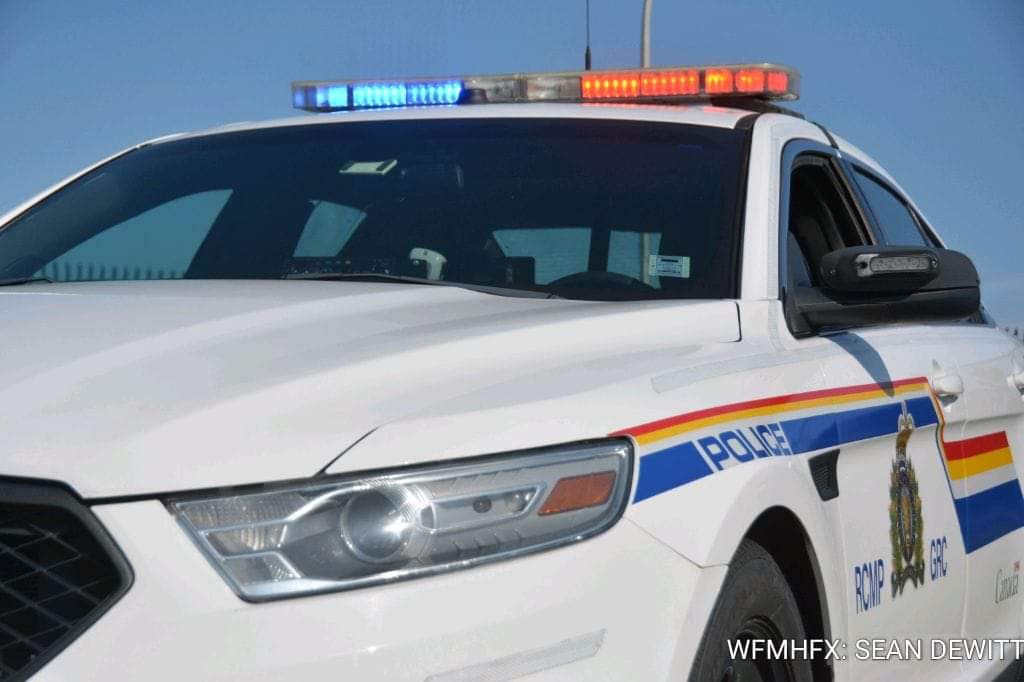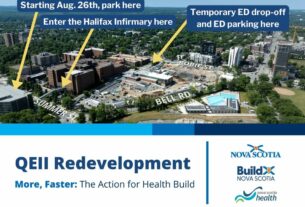**** RCMP Media Release
Nova Scotia RCMP release monthly provincial impaired statistics for October 2022
As Nova Scotia’s Provincial Police, road safety is a top priority. In an effort to keep citizens informed about enforcement on our roadways, the Nova Scotia RCMP is releasing statistics for all RCMP detachments in Nova Scotia for October 2022 on drivers charged for driving impaired by drugs or alcohol.
For the month of October, Nova Scotia RCMP charged 155 drivers with impaired related offences.
- 81 charged with Impaired Operation of a Conveyance by Alcohol
- 5 charged with Impaired Operation of a Conveyance by Drug
- 16 charged with Refusal of a Demand Made by a Peace Officer
- 53 issued driving suspensions for Operating a Conveyance While Having Consumed Alcohol.
Impaired driving investigations can be complex, especially when they involve both alcohol and drugs. This is why Nova Scotia RCMP officers receive a variety of training, and have several tools at their disposal. In Nova Scotia, there are approximately 250 RCMP members with training related to drug-impaired driving, 33 of whom are Drug Recognition Experts (DREs). Nova Scotia RCMP also has 427 trained breath technicians who are qualified to operate instruments that determine a driver’s blood alcohol concentration.
Failure or refusal to comply with a demand made by a peace officer for a sample for testing sobriety can result in criminal charges that have the same penalties as impaired driving. There are range of fines and periods of driving prohibition for those convicted of driving while impaired by alcohol or drugs.
Citizens are asked to call 911 immediately if you see a driver who is driving erratically or unsafely. Here are some signs of an impaired driver to watch for:
- Driving unreasonably fast, slow or at an inconsistent speed
- Drifting in and out of lanes
- Tailgating and changing lanes frequently
- Making exceptionally wide turns
- Changing lanes or passing without sufficient clearance
- Overshooting or stopping well before stop signs or stop lights
- Disregarding signals and lights
- Approaching signals or leaving intersections too quickly or slowly
- Driving without headlights, failing to lower high beams or leaving turn signals on
- Driving with windows open in cold or inclement weather
Once you call 911, you will be asked to provide the following:
- Your location
- A description of the vehicle, including the license plate number, colour, make and model
- The direction of travel for the vehicle
- A description of the driver if visible.
Nova Scotia RCMP release monthly provincial stunting statistics for October 2022
As Nova Scotia’s Provincial Police, road safety is a top priority. In an effort to keep citizens informed about enforcement on our roadways, the RCMP is releasing statistics on stunting charges monthly.
In October 2022, the Nova Scotia RCMP charged 18 drivers with stunting on a number of highways across the province. The following drivers were caught travelling at speeds that caused significant concern:
- 187 km/h in a 110 km/h zone on Highway 102 in Brookfield;
- 186 km/h in a 100 km/h zone on Highway 101 in Avonport;
- 186 km/h in a 110 km/h zone on Highway 104 in Kemptown;
- 181 km/h in a 110 km/h zone on Highway 104 in Salt Springs;
- 143 km/h in an 80 km/h zone on Highway 104 in James River;
Stunting is defined as any person who operates a motor vehicle on a highway in a race, in a contest, while performing a stunt or on a bet or wager. Anyone driving a motor vehicle 50 Km/hr or more, over a speed limit, may be charged with stunting.
The fine for stunting in Nova Scotia is $2,422.50 for a first offence, six points on your license and an immediate seven-day roadside license suspension.
Speed is one of the major causes of serious injury and fatal collisions on our roads. Road safety is a priority for the RCMP and drivers are reminded to make it their priority as well. If you see someone driving unsafely on our roads, please report it by calling the RCMP at 1-800-803-RCMP (7267). If you believe it is an emergency, call 911.




